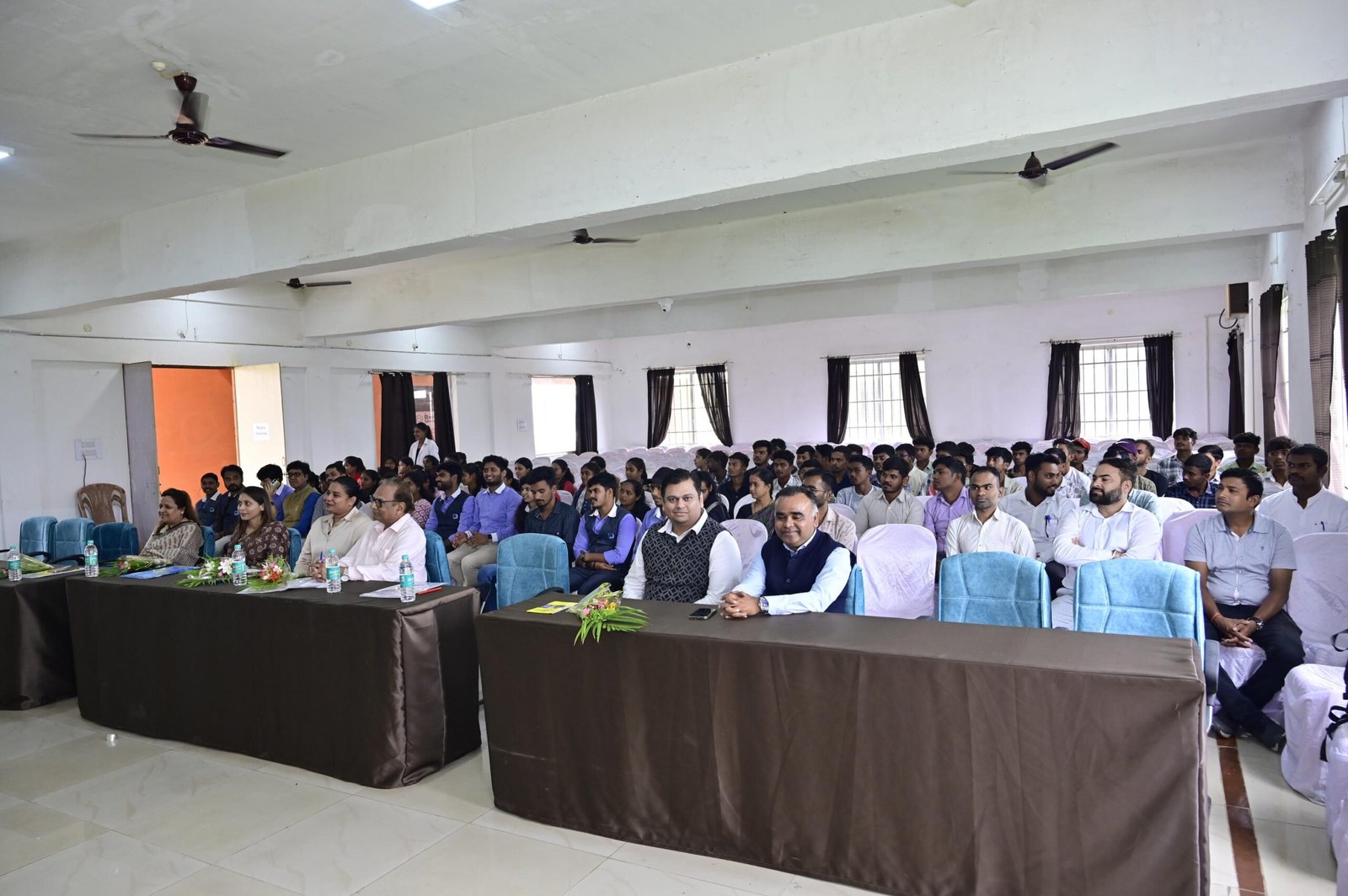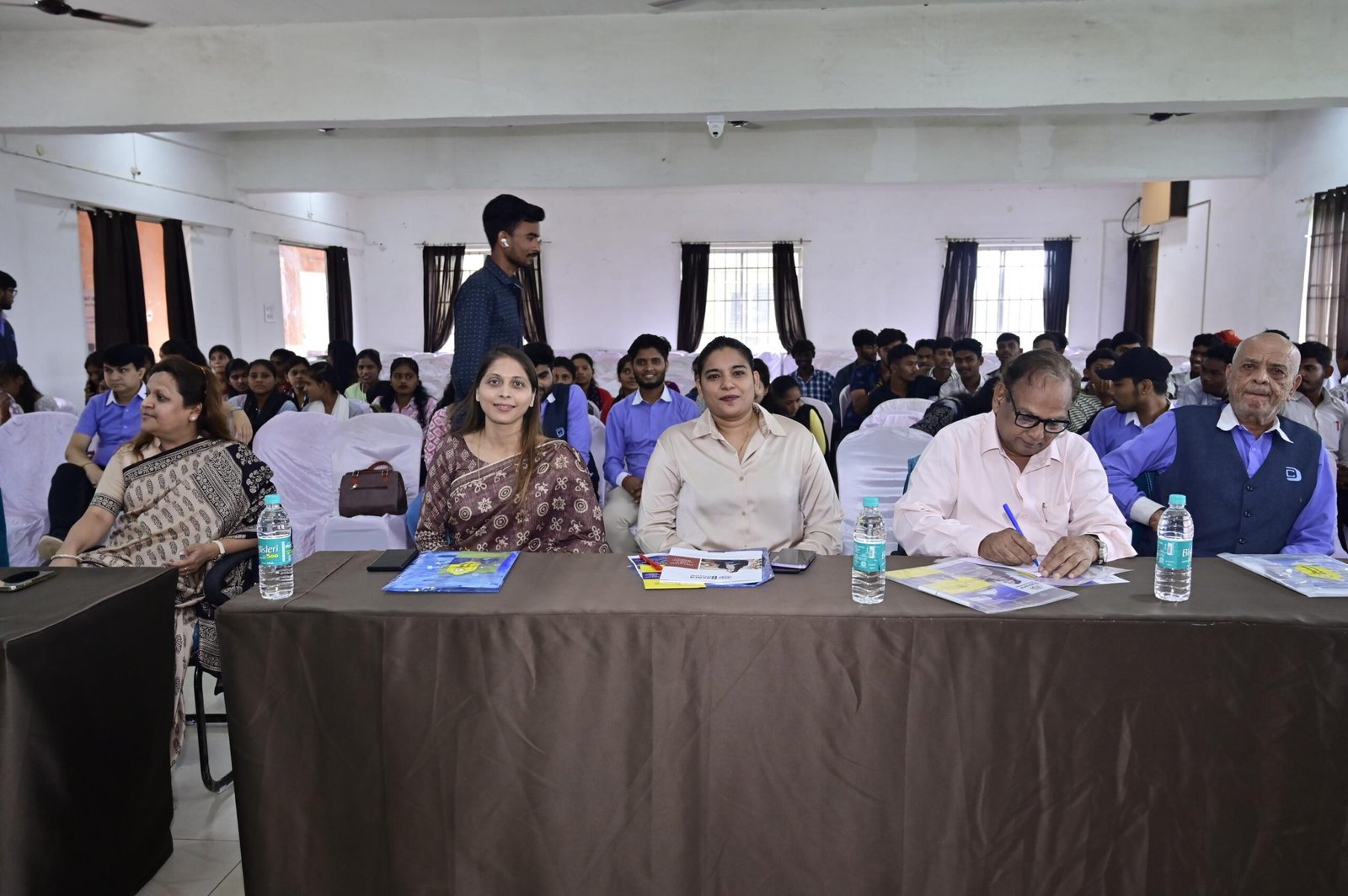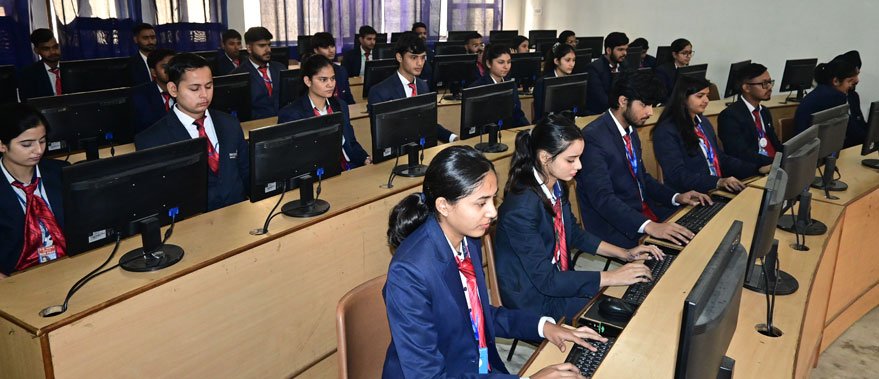



Welcome to our Bachelor of Business Administration (BBA) in Hotel Management program, where passion for hospitality meets the principles of business excellence. This comprehensive degree is designed to equip future leaders with the knowledge, skills, and practical experience needed to thrive in the global hospitality industry. Combining in-depth hotel management techniques with core business administration concepts, our program prepares students to excel in a variety of roles—from luxury hotels and resorts to international tourism enterprises. Step into a dynamic career that offers endless opportunities for innovation, growth, and world-class service.

Affordable tuition, financial aid, and scholarships to make your education attainable.
Fully accredited programs ensuring your degree is respected and recognized globally.
A wide range of programs in arts, sciences, business, and technology to fit your career goals.
Proven success with high employment rates and graduates at top companies worldwide.
The Bachelor of Business Administration (BBA) in Hotel Management is a comprehensive program designed to equip students with the skills and knowledge needed to excel in the dynamic hospitality industry. Combining core business principles with specialized hotel management training, this program covers key areas such as hotel industries, hospitality operations, guest services, marketing, financial management, and human resources. Through a blend of theoretical learning and practical experience, including internships and industry projects, students are prepared for leadership roles in hotels, resorts, and other hospitality enterprises. Our curriculum is designed to foster creativity, innovation, and global perspectives, ensuring graduates are ready to thrive in a competitive global market. Join us to turn your passion for hospitality into a rewarding career.

Apply the knowledge of mathematics, science, engineering fundamentals, and an engineering specialization to the solution of complex engineering problems.
Identify, formulate, research literature, and analyze complex engineering problems reaching substantiated conclusions using first principles of mathematics, natural sciences, and engineering sciences.
Design solutions for complex engineering problems and design system components or processes that meet the specified needs with appropriate consideration for the public health and safety and the cultural, societal, and environmental considerations.
Use research-based knowledge and research methods including design of experiments, analysis and interpretation of data, and synthesis of the information to provide valid conclusions.
Create, select, and apply appropriate techniques, resources, and modern engineering and IT tools including prediction and modeling to complex engineering activities with an understanding of the limitations.
Apply reasoning informed by the contextual knowledge to assess societal, health, safety, legal and cultural issues and the consequent responsibilities relevant to the professional engineering practice.
Understand the impact of the professional engineering solutions in societal and environmental contexts, and demonstrate the knowledge of, and need for sustainable development.
Apply ethical principles and commit to professional ethics and responsibilities and norms of the engineering practice.
Function effectively as an individual, and as a member or leader in diverse teams, and in multidisciplinary settings.
Communicate effectively on complex engineering activities with the engineering community and with society at large, such as, being able to comprehend and write effective reports and design documentation, make effective presentations, and give and receive clear instructions.
Demonstrate knowledge and understanding of the engineering and management principles and apply these to one’s own work, as a member and leader in a team, to manage projects and in multidisciplinary environments.
Recognize the need for, and have the preparation and ability to engage in independent and lifelong learning in the broadest context of technological change.






